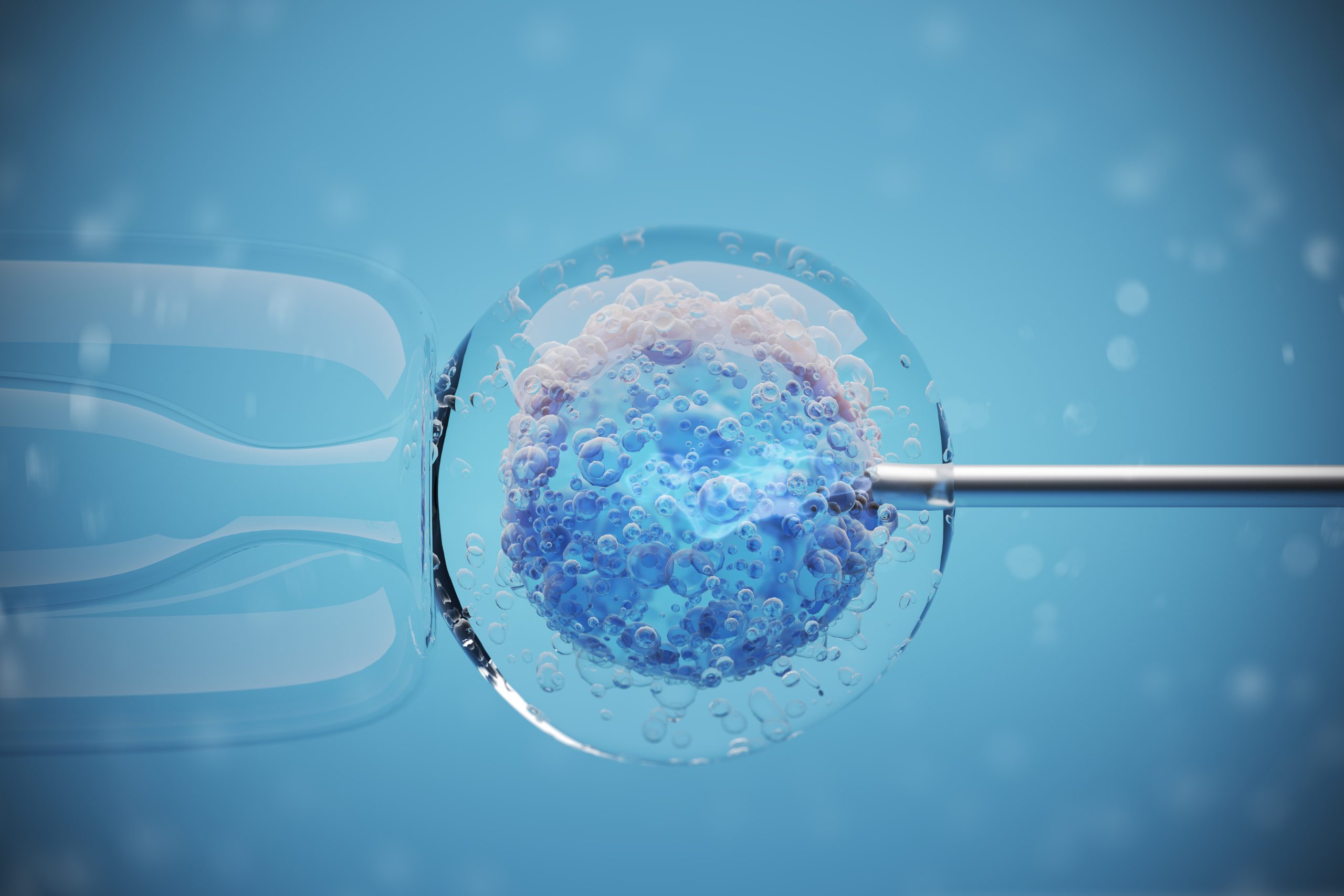Egg donation is an altruistic and courageous act that allows many individuals and couples to fulfill their dream of having a child. While it represents a great opportunity for those facing causes of infertility in females, it also raises many questions—especially about the possible pain or discomfort the donor might experience. In this post, we’ll answer the question “Does egg donation hurt?” and explain what to expect at every stage of the process.
Egg donation—an act that changes lives
Egg donation is a procedure in which a woman donates some of her eggs so that someone else can use them in a fertility treatment. This process is essential in cases of infertility caused by factors such as ovarian infertility, advanced maternal age, previous cancer treatments, or certain genetic conditions.
Although many people believe that egg donation is painful, the reality is that with the right support from a specialized infertility clinic, the process is safe, well-controlled, and carefully monitored to minimize any discomfort.
Stages of Egg Donation and Discomfort Level
1. Initial evaluation and medical tests
In this first stage, the donor visits an infertility clinic for hormonal, genetic, and psychological screenings. This step is not painful and mostly consists of blood tests, interviews, and ultrasounds.
2. Ovarian stimulation
For approximately 10 to 12 days, the donor receives subcutaneous hormone injections to stimulate the ovaries and help mature multiple eggs. This phase may cause mild discomfort, similar to premenstrual symptoms:
- Abdominal bloating
- Breast tenderness
- Mood swings
Although it’s not clinically painful, it can be uncomfortable. However, these side effects are temporary and typically subside after the eggs are retrieved.
3. Follicular aspiration (egg retrieval)
This is the part of the process that raises the most concern. Follicular aspiration is done under sedation and guided by a transvaginal ultrasound. The procedure lasts 15 to 30 minutes and is not painful during the process, since the donor is either asleep or semi-conscious.
After the retrieval, some women report:
- Mild pelvic pain
- A feeling of pressure or bloating
- Light vaginal bleeding
These symptoms usually last 1 or 2 days and are easily managed with over-the-counter pain relief and rest.
Uncommon but Possible Risks
As with any medical procedure, there are rare risks, such as ovarian hyperstimulation syndrome (OHSS), an excessive reaction to hormone medication. This is why it’s essential to choose an experienced infertility clinic with qualified staff that can respond quickly to any signs of complications.
Benefits of Donating Eggs at a Specialized Infertility Clinic
Donating eggs at a reputable fertility clinic ensures:
- Comprehensive medical evaluation
- Continuous monitoring during treatment
- Access to advanced technology
- Post-procedure follow-up
- Emotional and psychological support
Additionally, when treating causes of infertility in females with egg donation treatments, clinics can also offer alternatives like egg vitrification, IVF, or reciprocal donation, depending on the case.
Common Myths About Egg Donation
1. “Donating eggs causes infertility.”
False. Women are born with thousands of eggs, and many are lost naturally during each menstrual cycle. The donation process simply retrieves the ones that would have been lost that month, so it doesn’t affect future fertility.
2. “It’s a very painful process.”
Also incorrect. As we’ve seen, the procedure is carefully designed to be as non-invasive as possible. Discomfort is similar to a heavy menstrual cycle and is manageable with medication.
3. “Donors don’t receive post-care.”
At a professional infertility clinic, the donor is supported from the beginning through full recovery. Many clinics also offer follow-up and reproductive health guidance.
Considerations Before Donating Eggs
Before starting the egg donation process, it’s important to reflect on:
- Your motivation: whether it’s to help others, support science, or for personal reasons.
- Your availability: you’ll need to attend appointments, take medication, and rest after retrieval.
- Your health: you’ll need to meet certain medical and psychological criteria to be accepted.
Conclusion
Egg donation is a transformative experience, both for the person who receives it and the one who gives it. While it may cause some discomfort, it should not be considered painful when carried out with the support of a specialized fertility clinic and proper protocols, such as those at Instituto Ingenes.
Contributing to the fight against the causes of infertility in women and supporting those suffering from ovarian infertility is an extraordinary act of generosity. If you’re considering becoming a donor, schedule a consultation and let us answer all your questions. At Ingenes, science and life come together—thanks to your decision.

